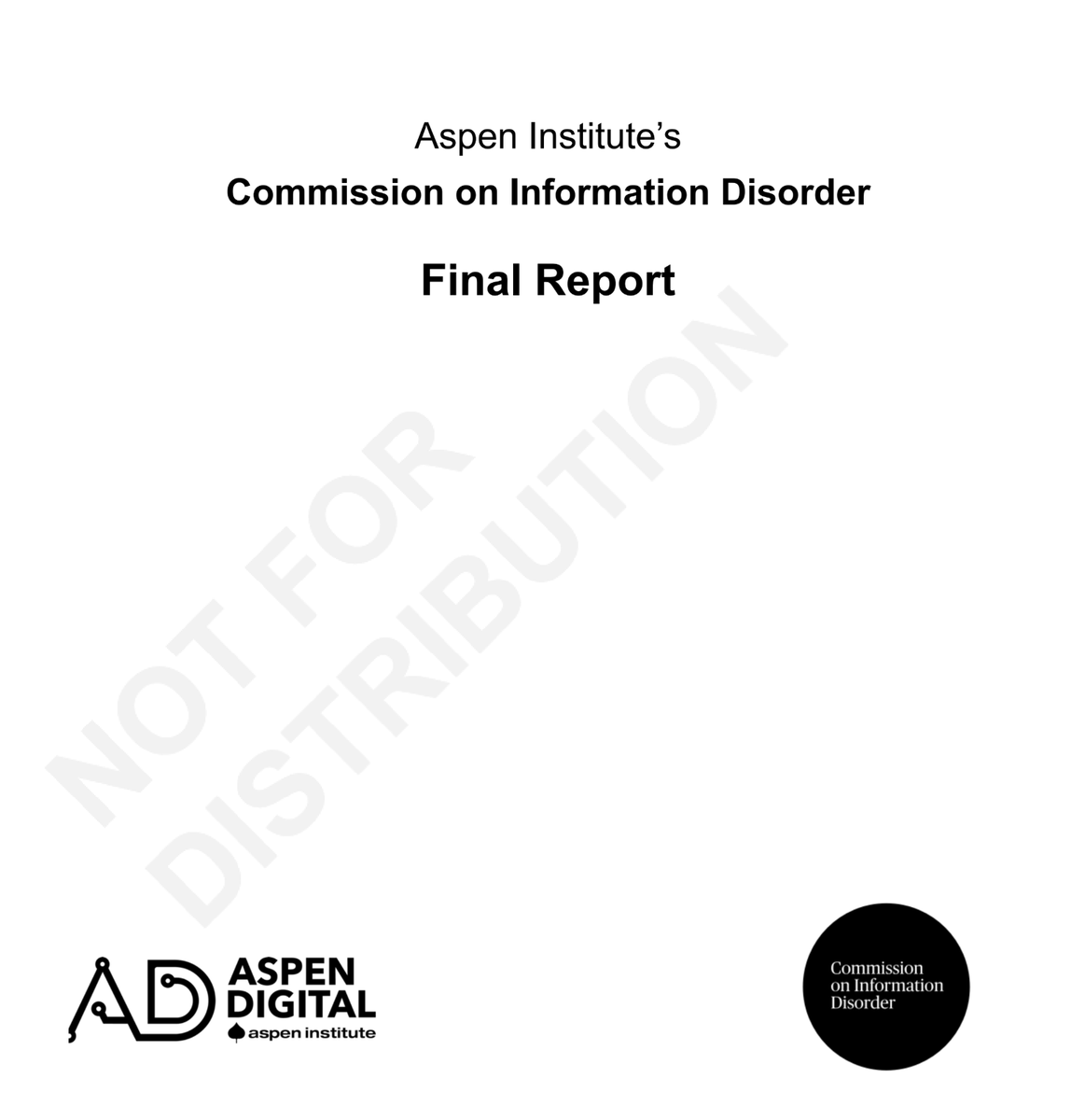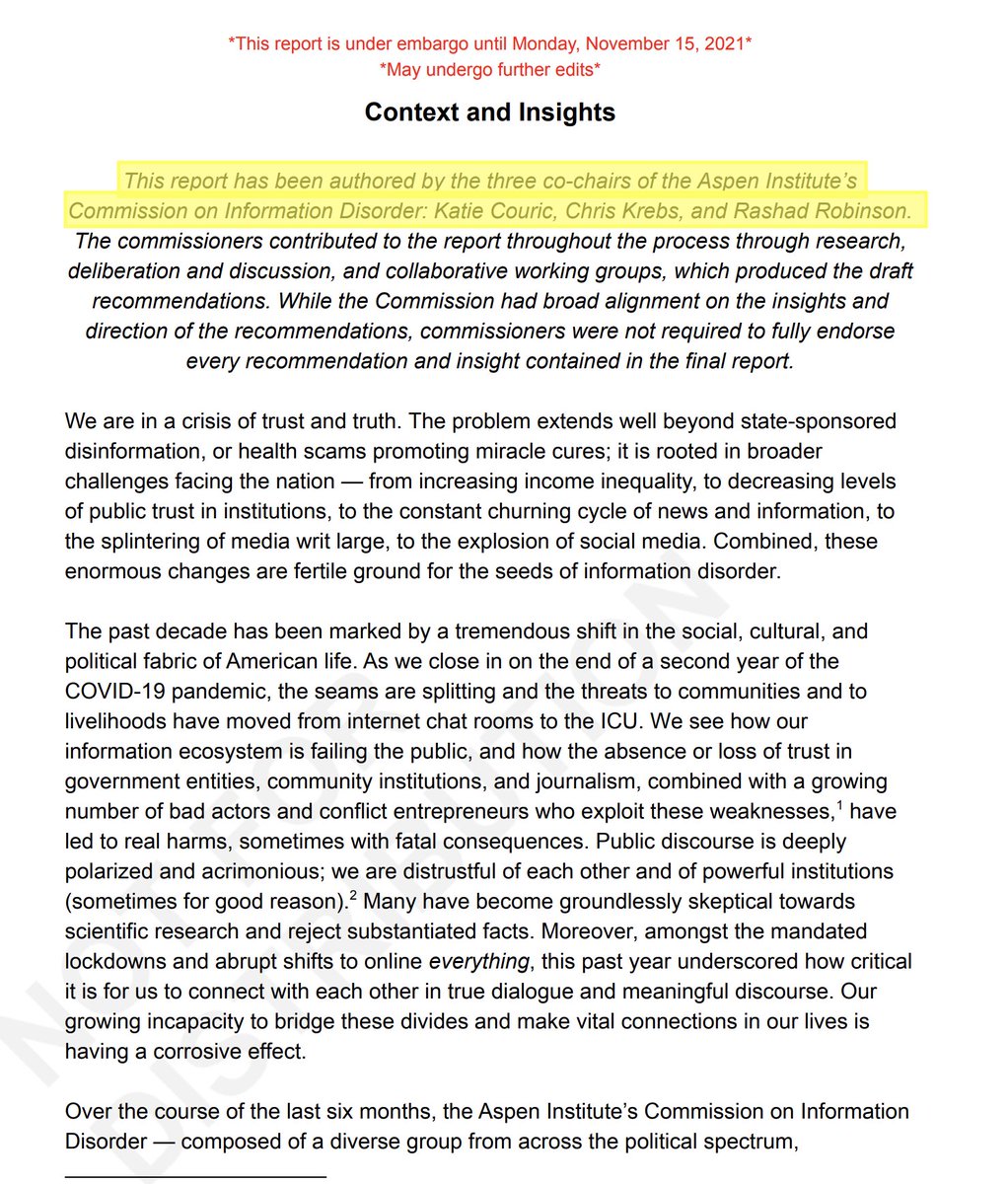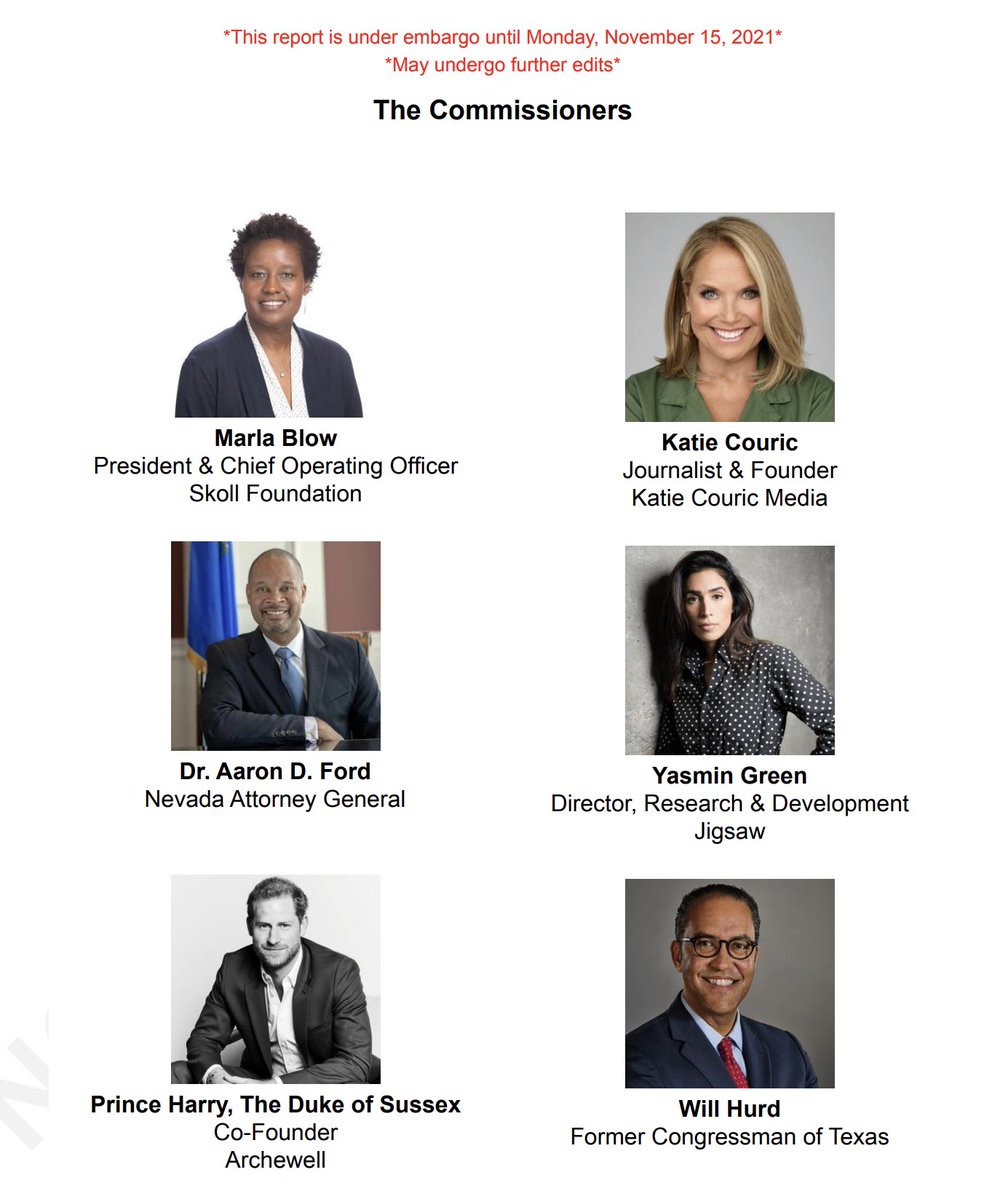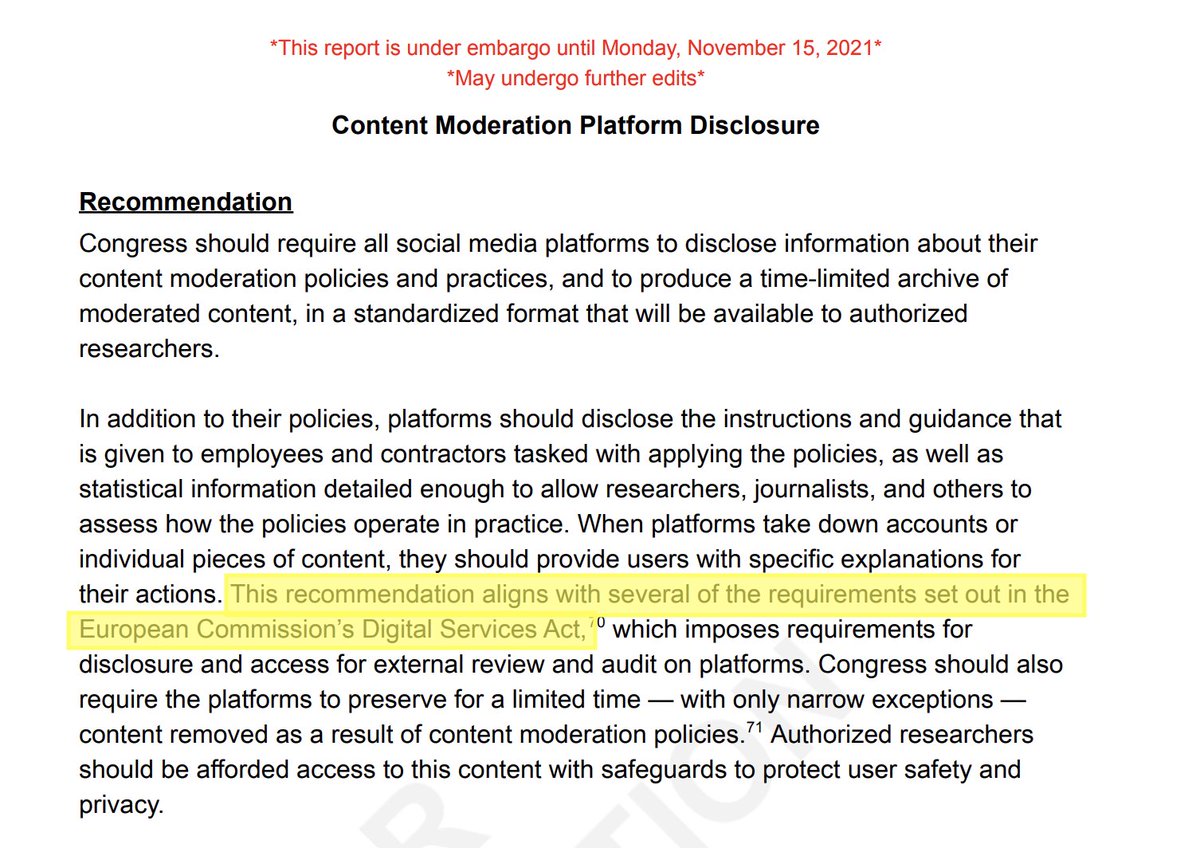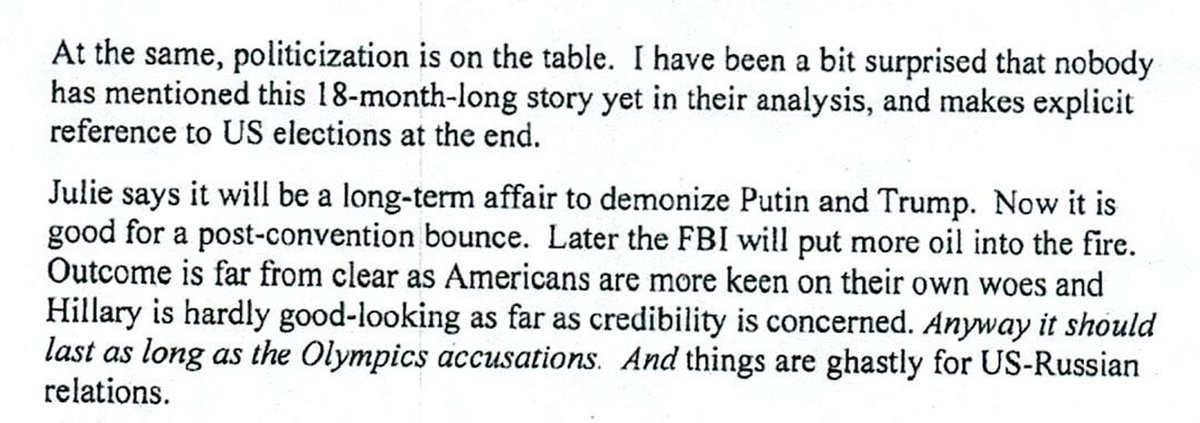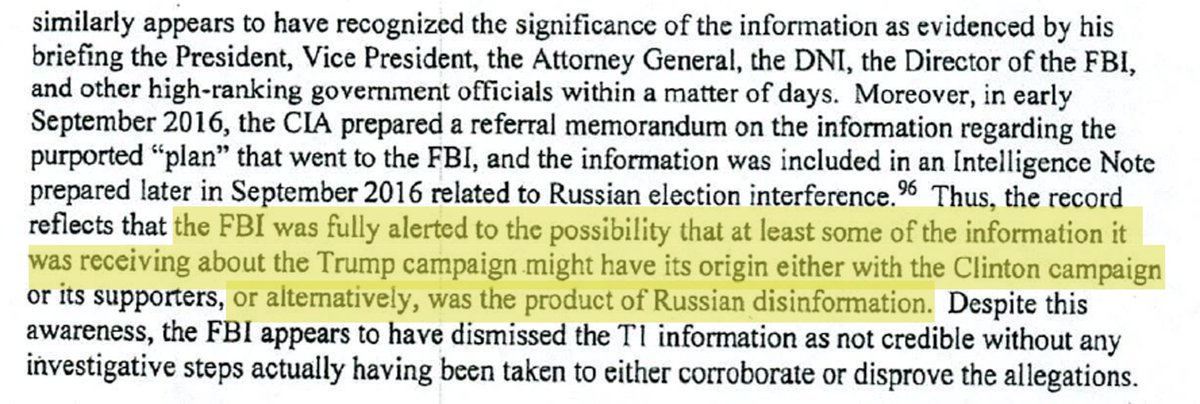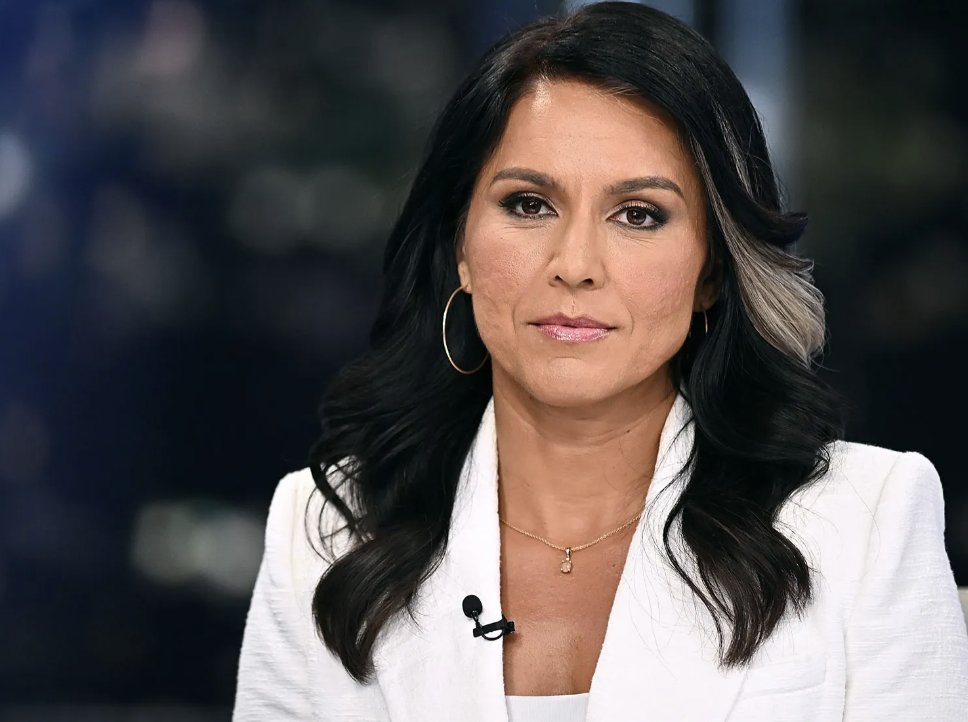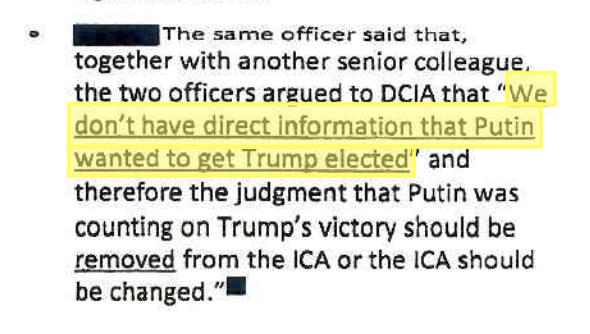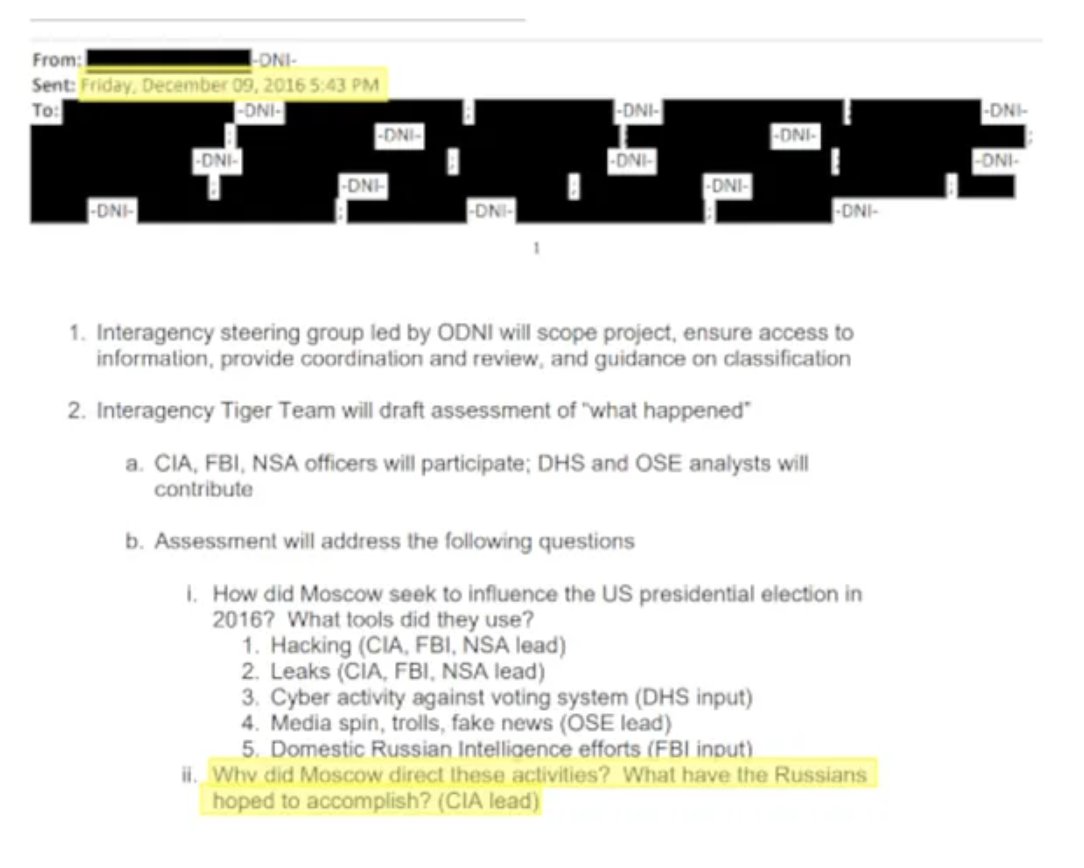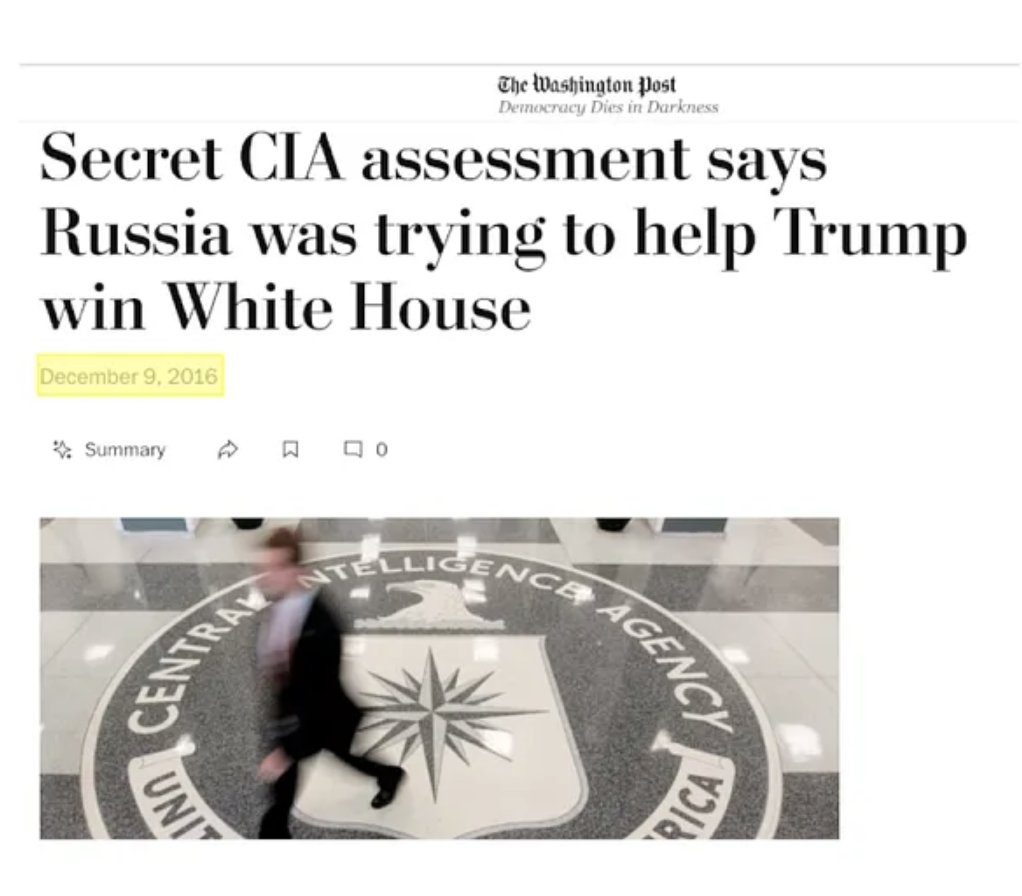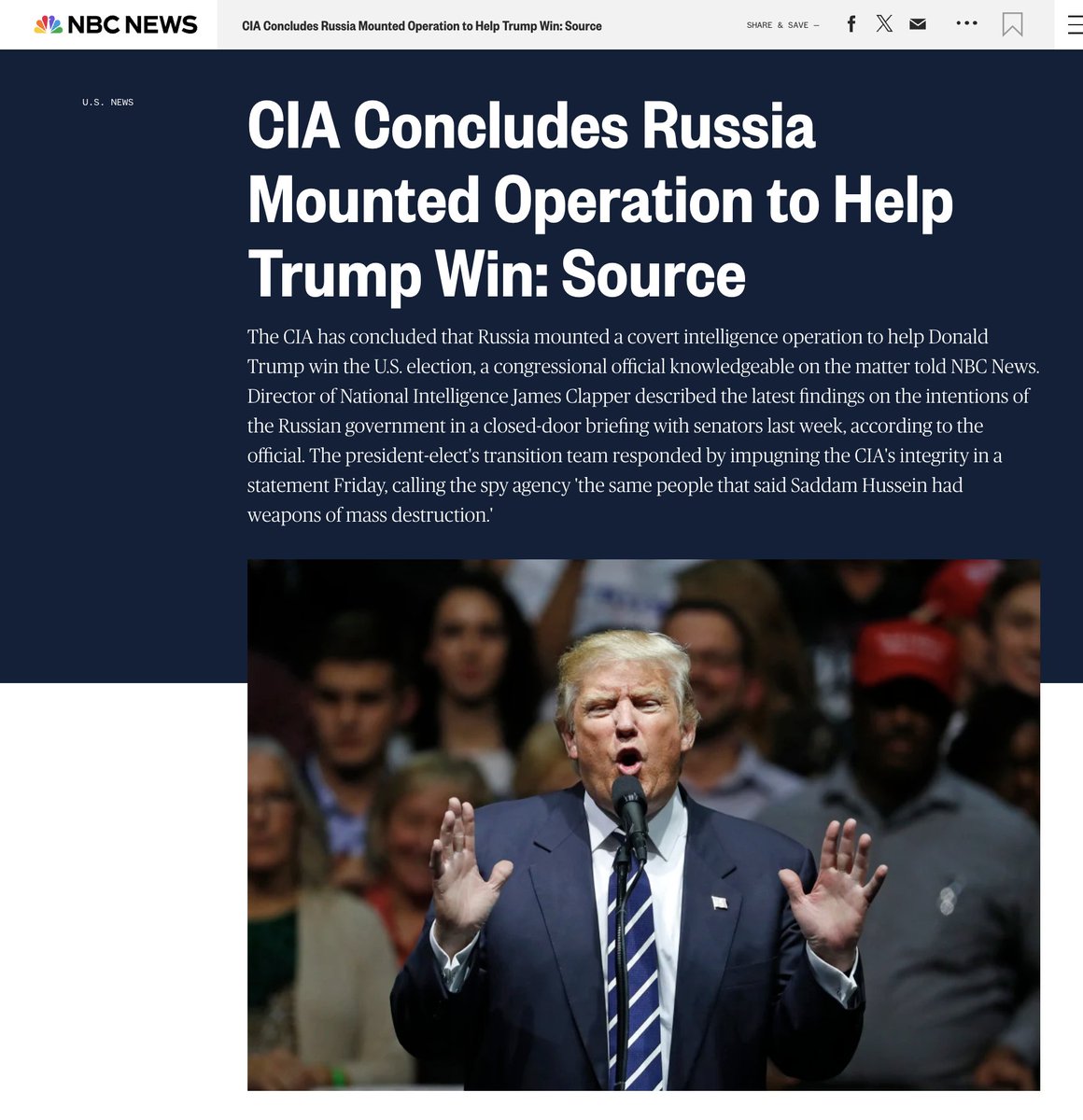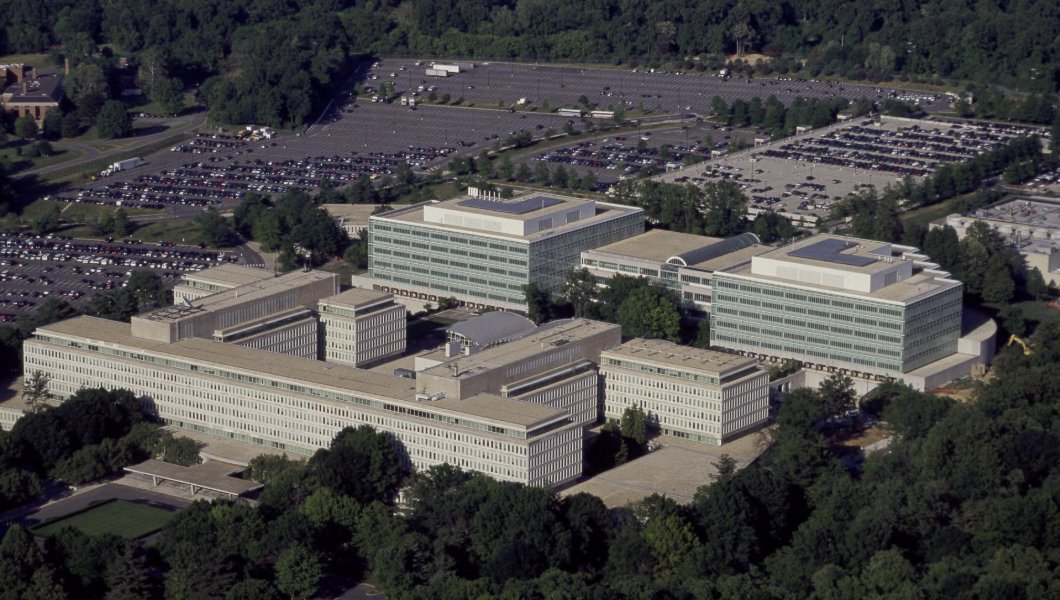2. After a controversial decision in the Missouri v. Biden lawsuit, here are a few docs from the Twitter Files, illustrating what the Attorneys General meant when they claimed a “Censorship Enterprise” exists. 

3. Judge Terry Doughty in his ruling said the government “significantly encouraged” and “coerced” tech platforms into censoring content. What might “significant encouragement” look like? 

5. Senior FBI man in Washington pings SF field office about three accounts. SF agent pings Twitter. Twitter suspends accounts.
From DC whim to Bay Area suspension, the whole transaction takes a day.
From DC whim to Bay Area suspension, the whole transaction takes a day.
6. But, you say, it’s not an order, just the FBI passing along helpful info. Or is it? In this case Twitter had a “tooling” error and the ordered suspension never took place. Upset, the senior FBI man sent a WTF letter two weeks later: 

7. In essence, he reminds Twitter he wrote a letter two weeks ago and asks to know why the accounts are still up. Twitter apologizes and quickly moves to “fix the glitch,” as they say in Office Space. 
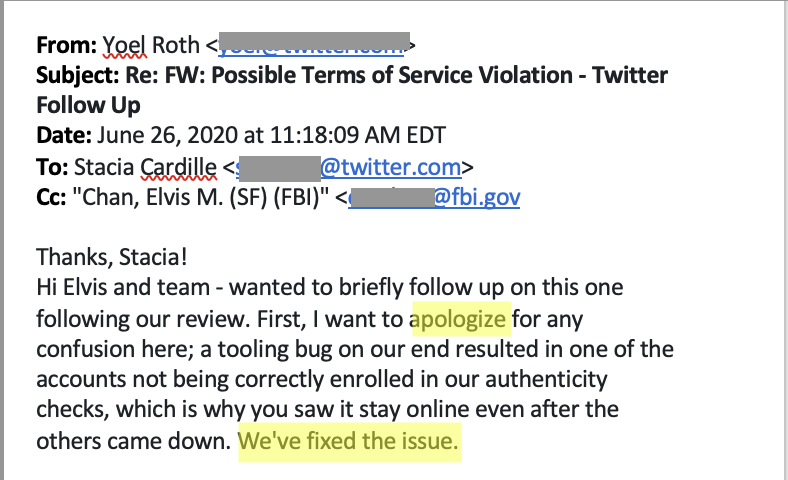
8. It later came out that Twitter wasn't even sure the accounts were malign. One of the three came from Canada. They were suspended anyway.




9. Is this sequence showing a censorship demand from a de facto superior, or just a polite ask from a pal?
You can judge for yourself.
You can judge for yourself.
10. For more on this story, including other new documents, go to and read here: https://t.co/UpQhrUojLf https://t.co/RMGG6X6ESiRacket.News
open.substack.com/pub/taibbi/p/t…

open.substack.com/pub/taibbi/p/t…

• • •
Missing some Tweet in this thread? You can try to
force a refresh





